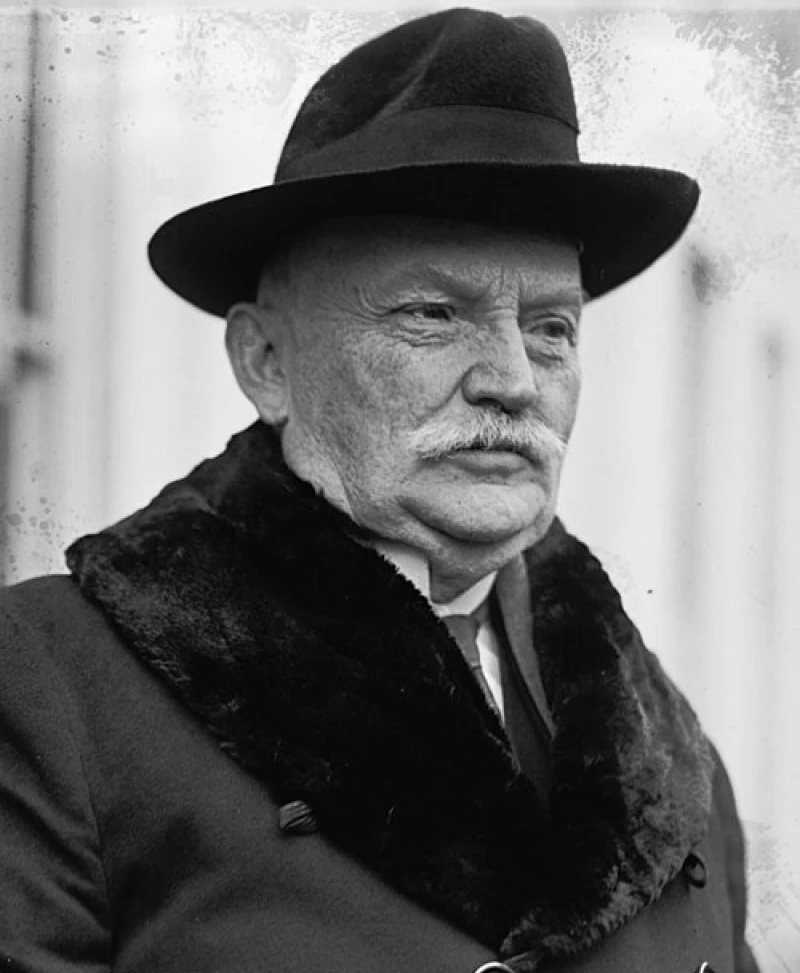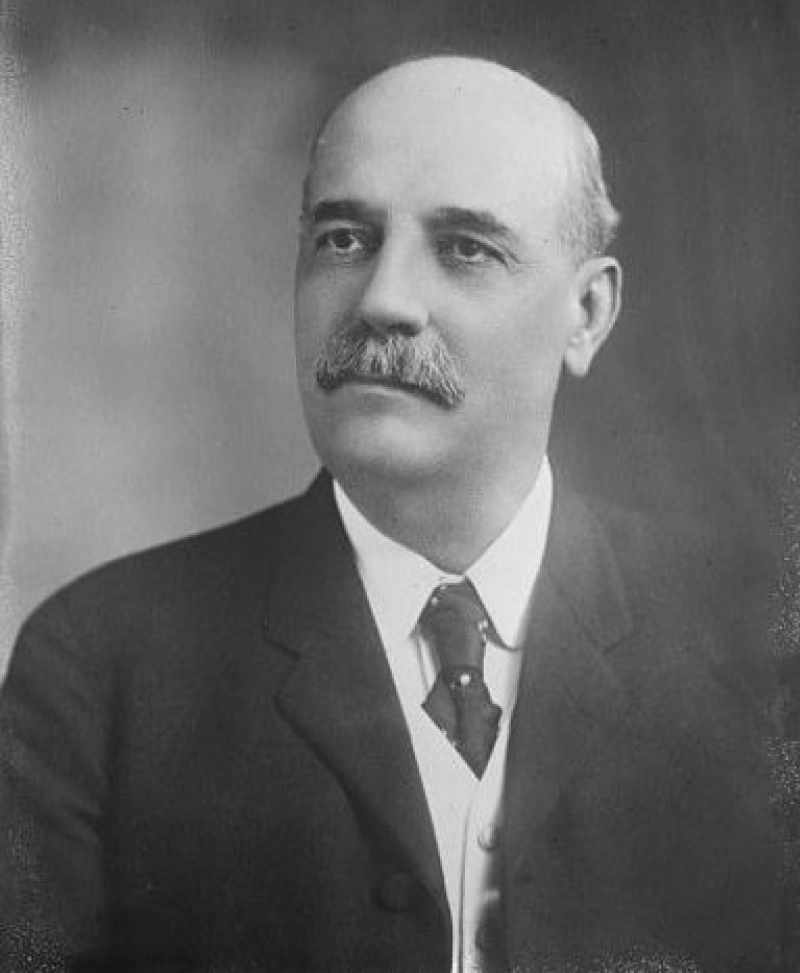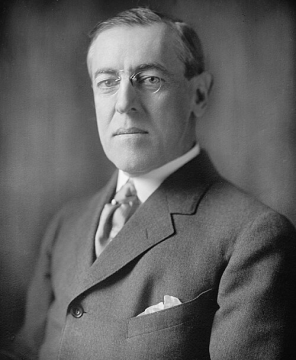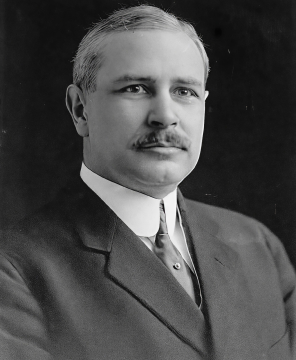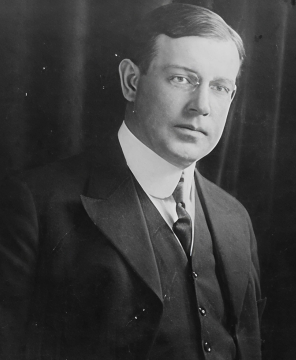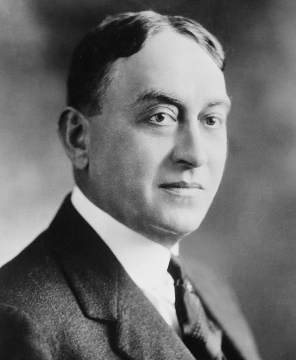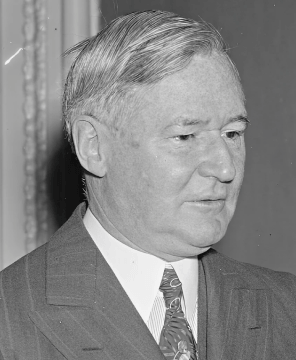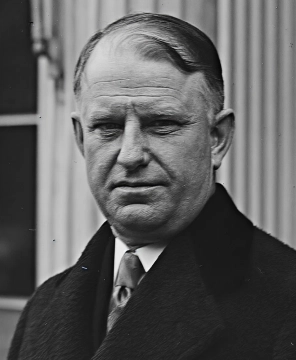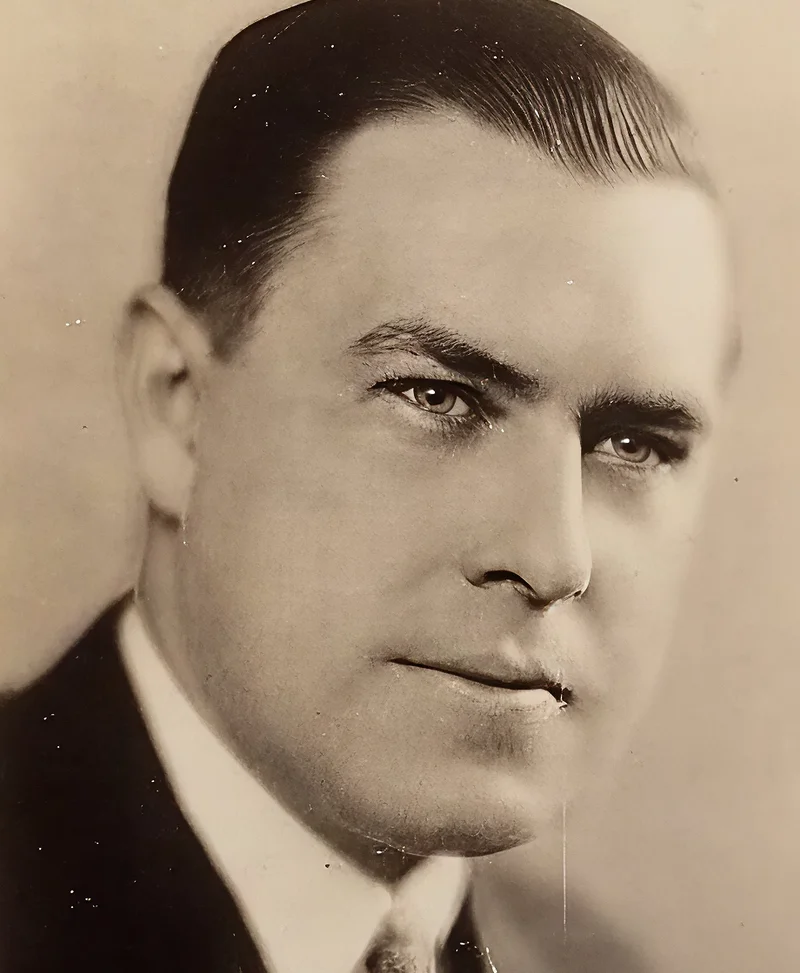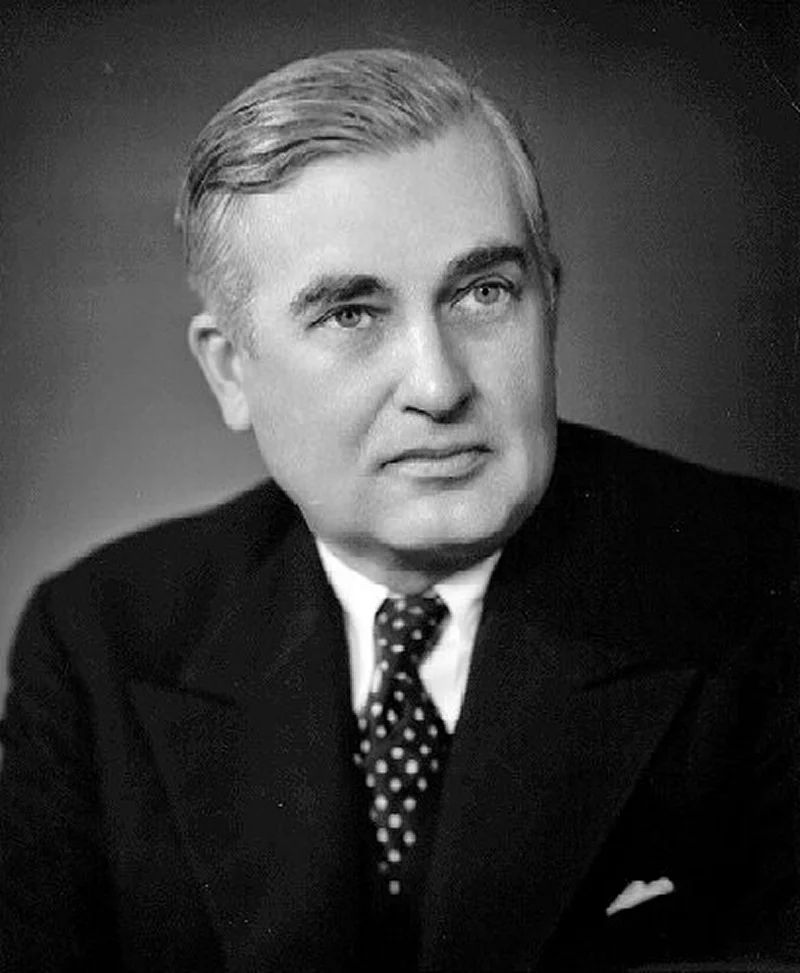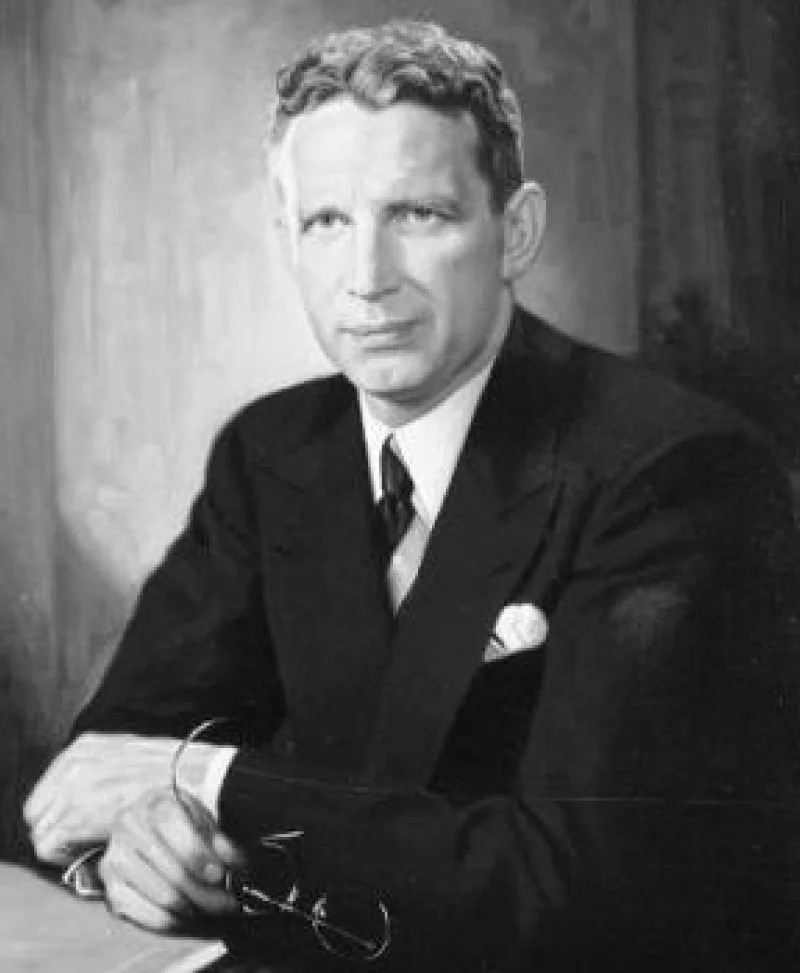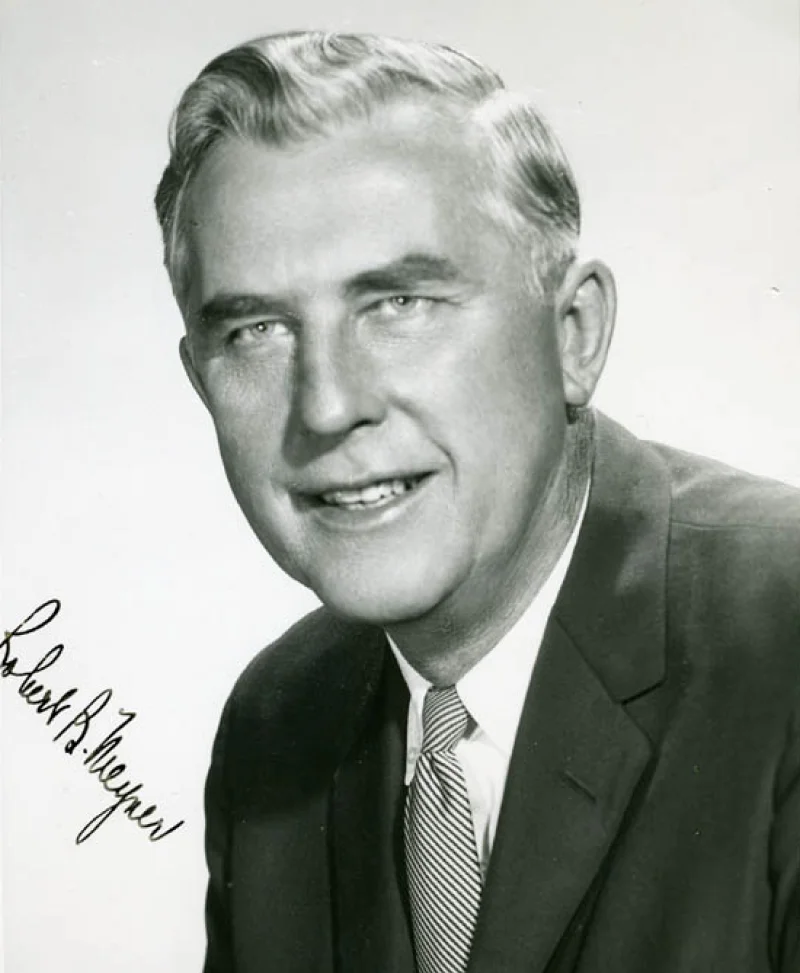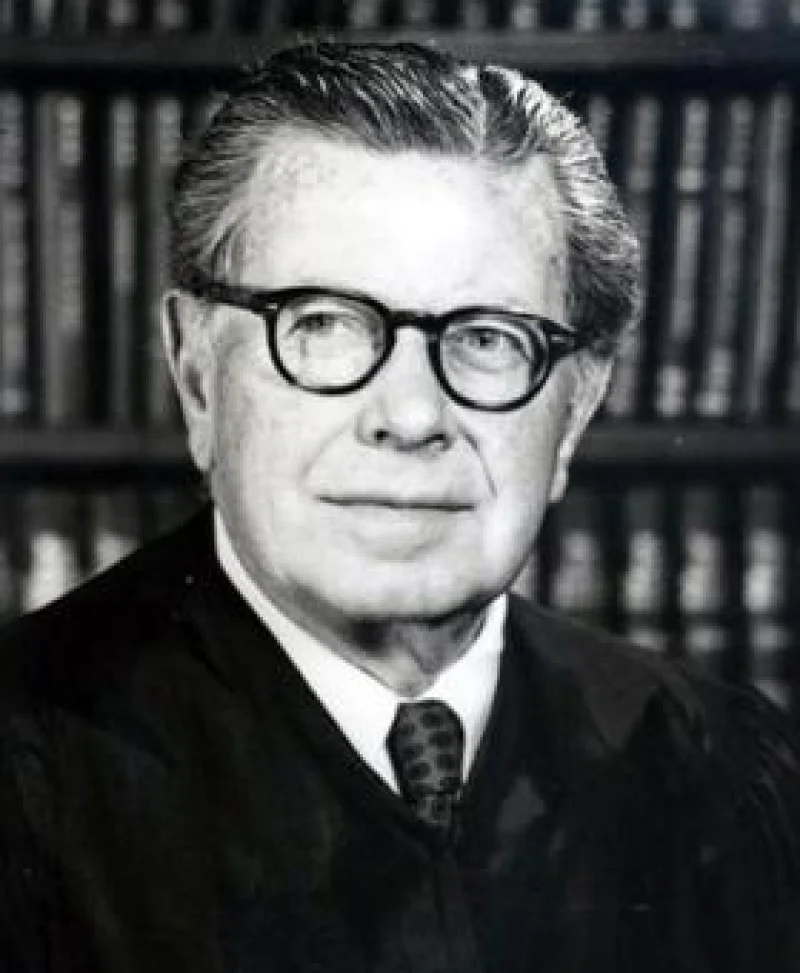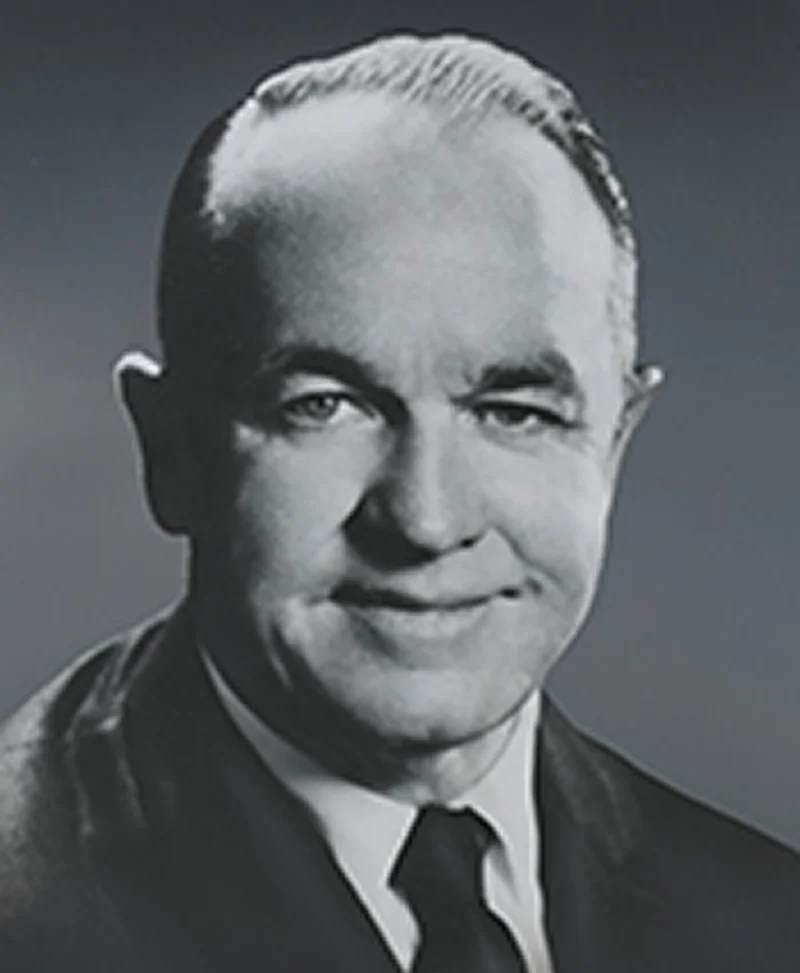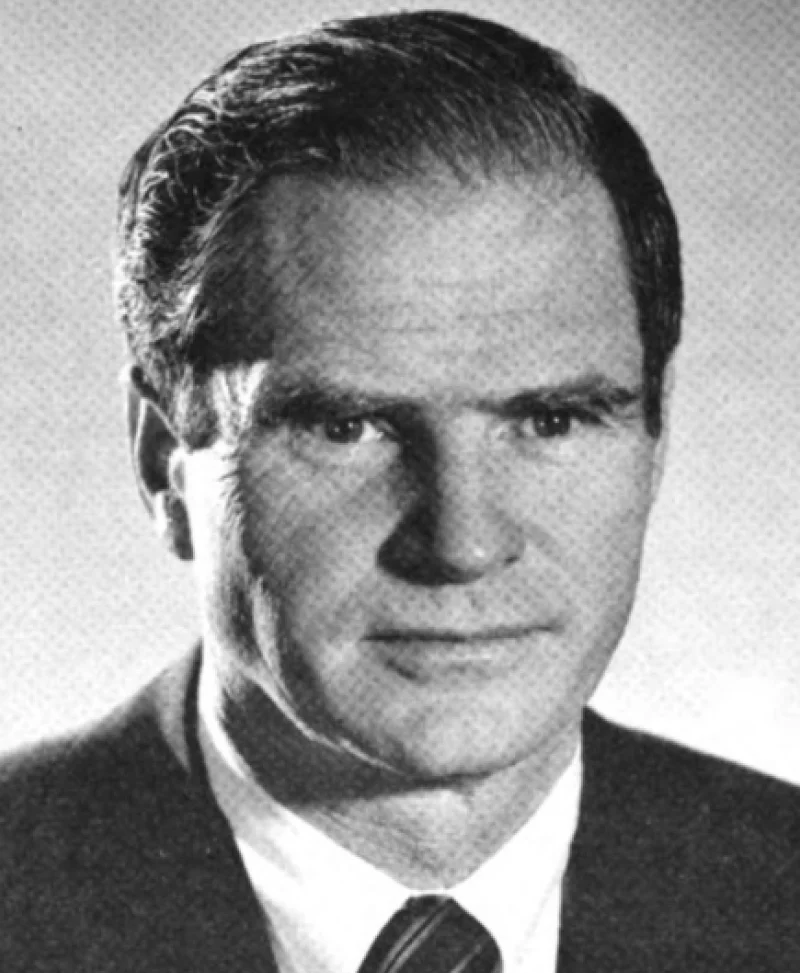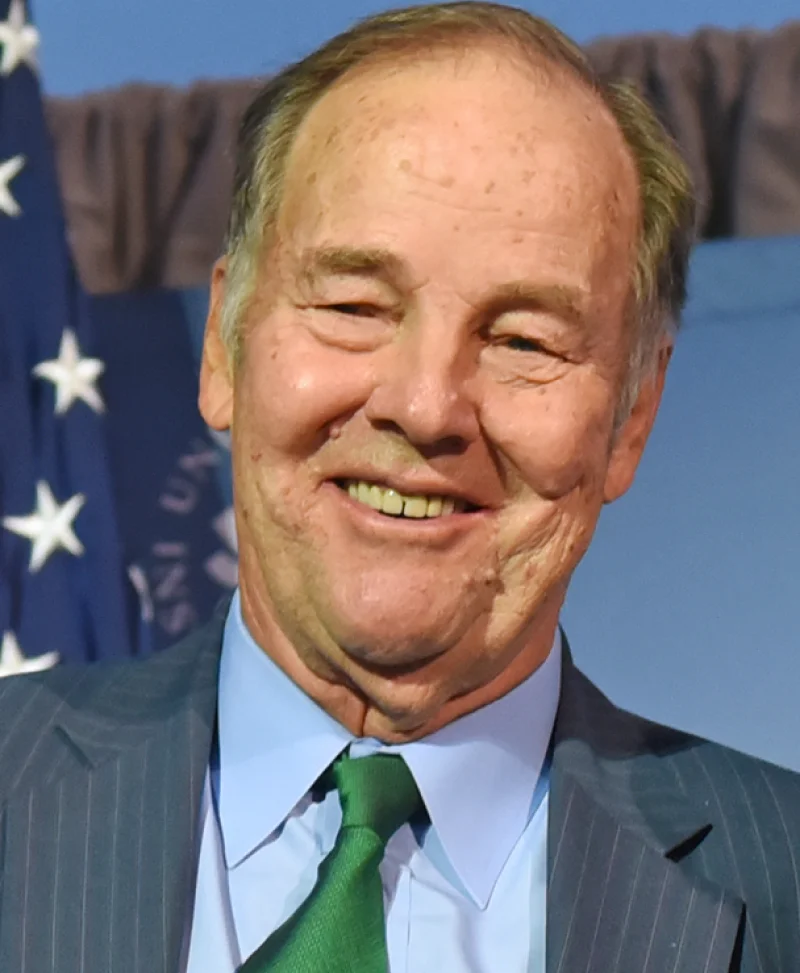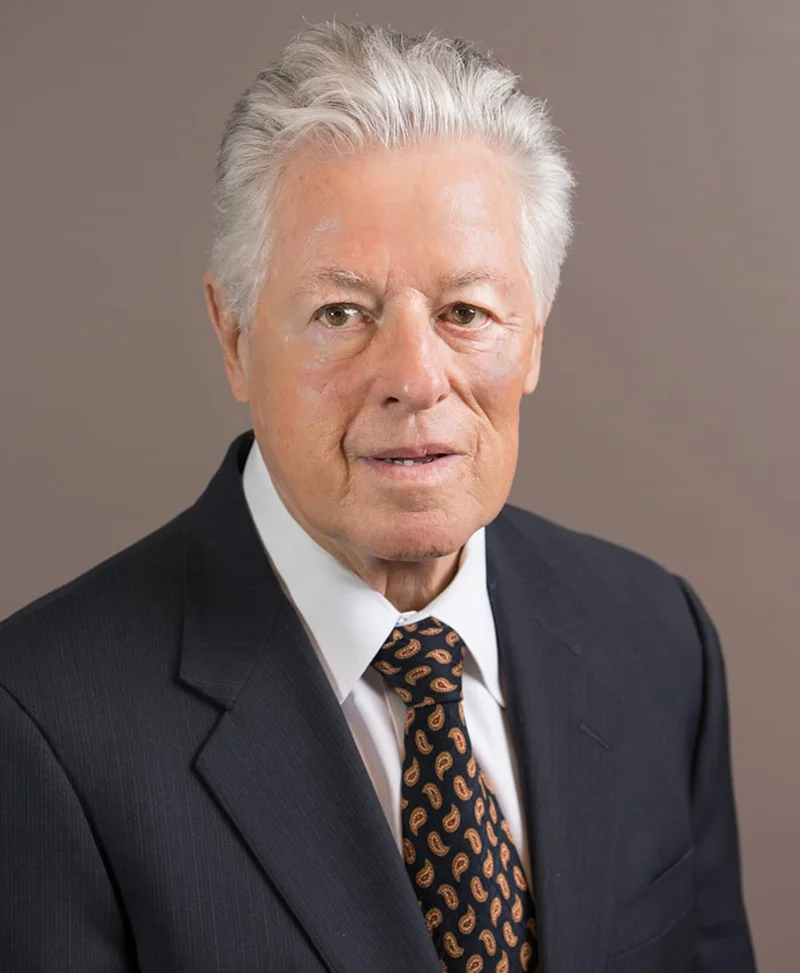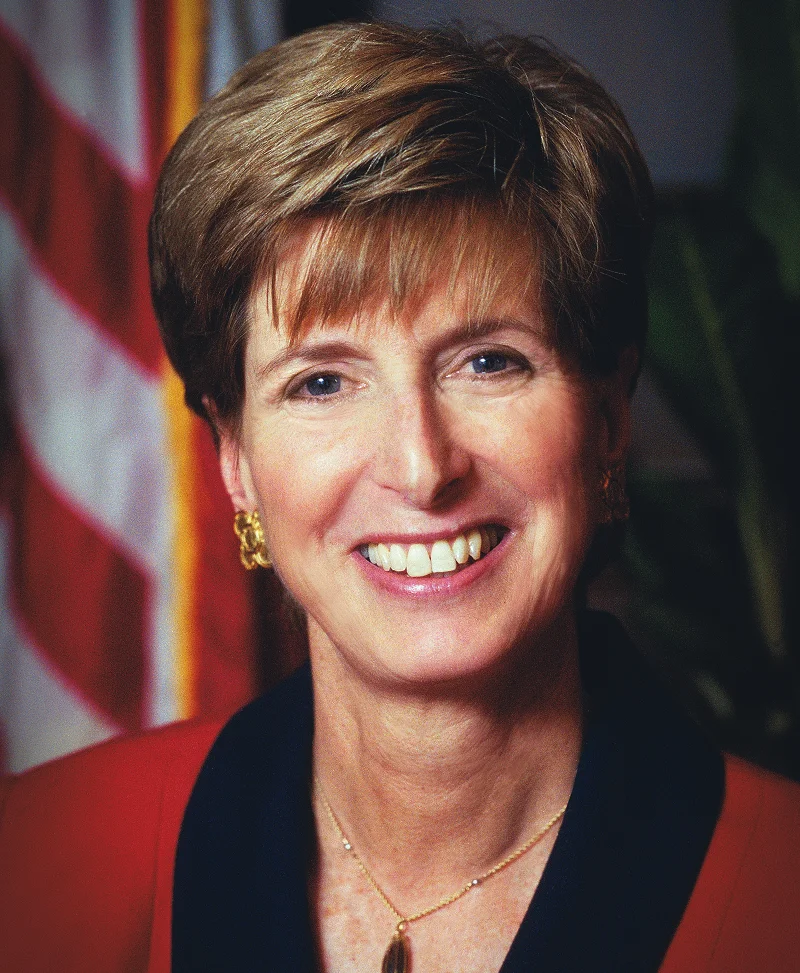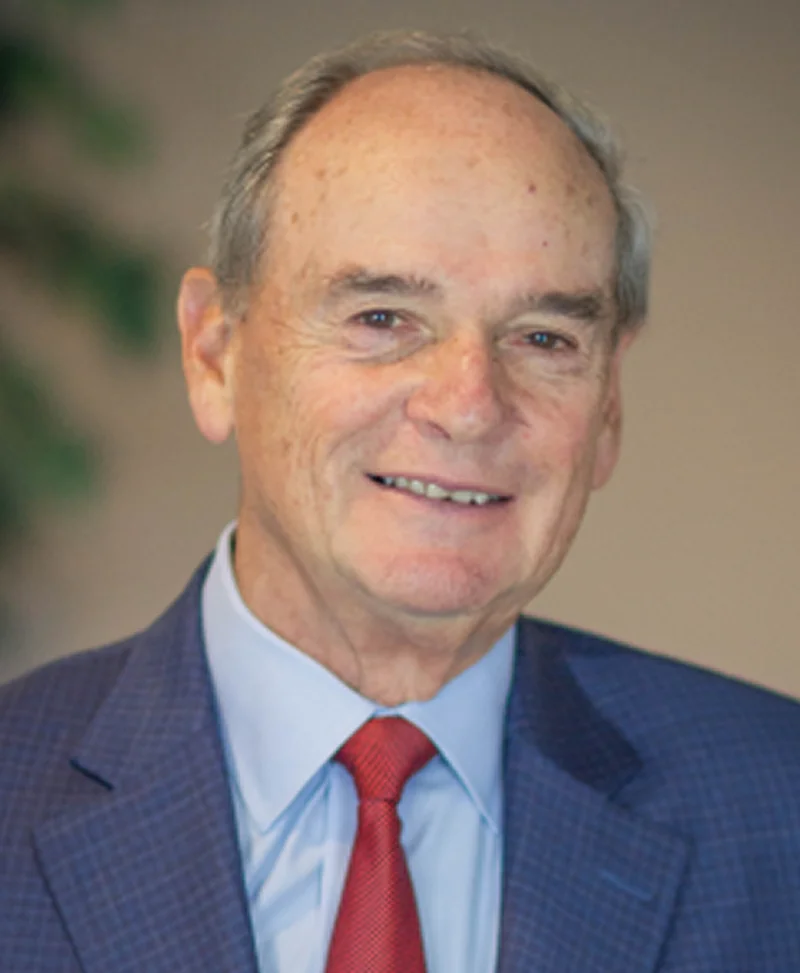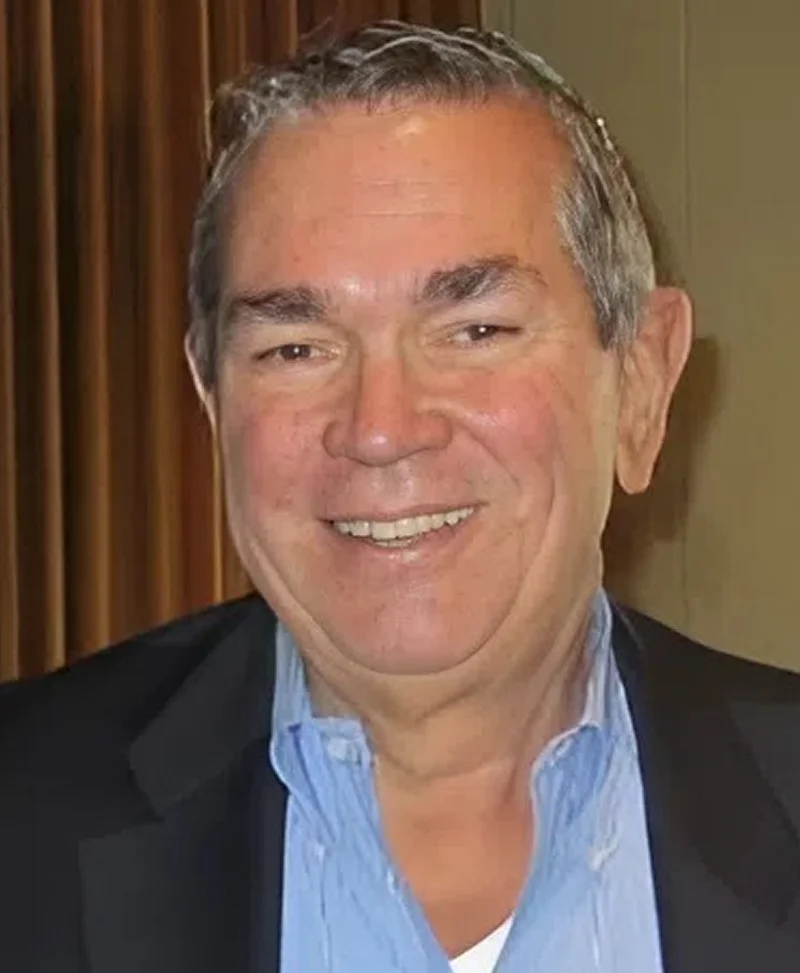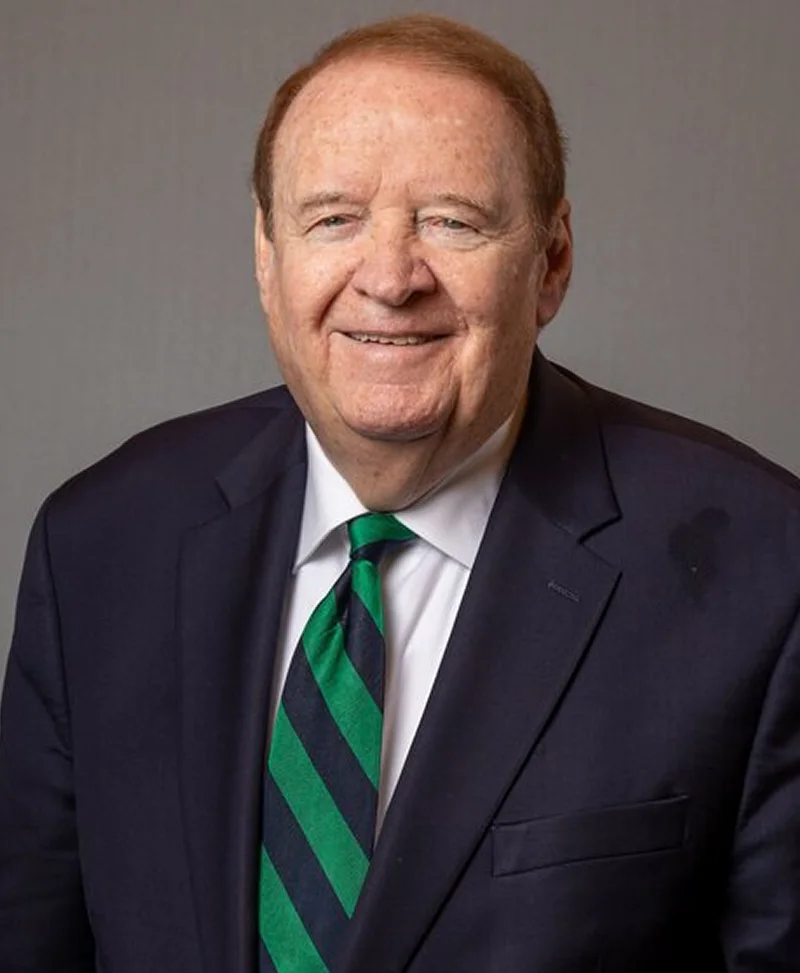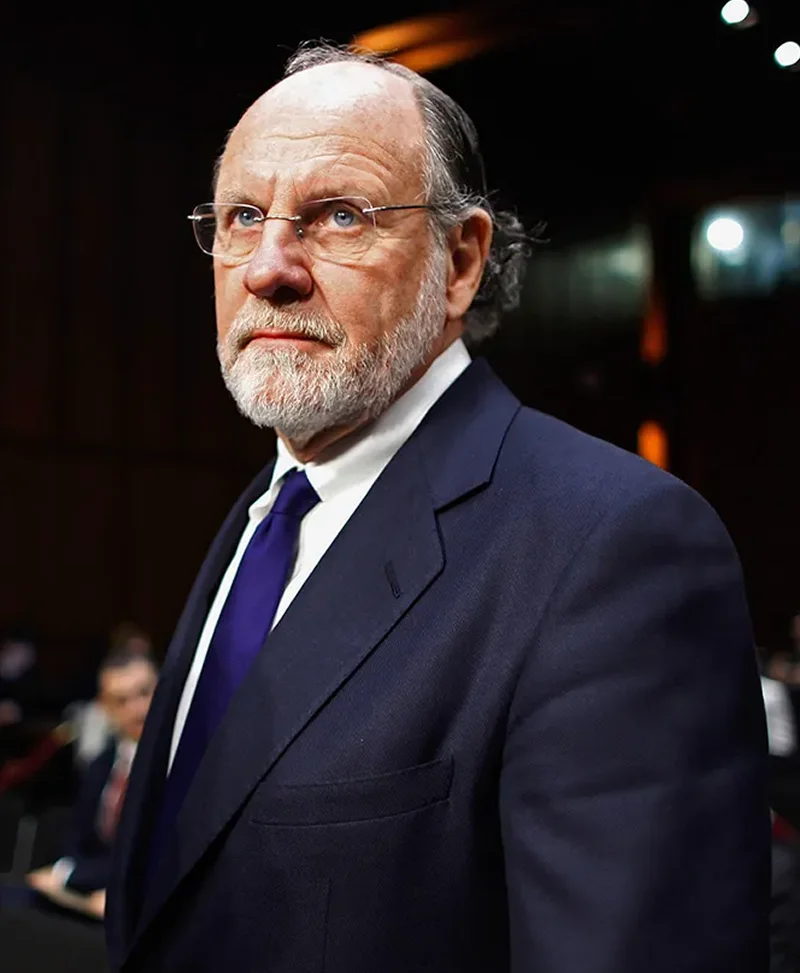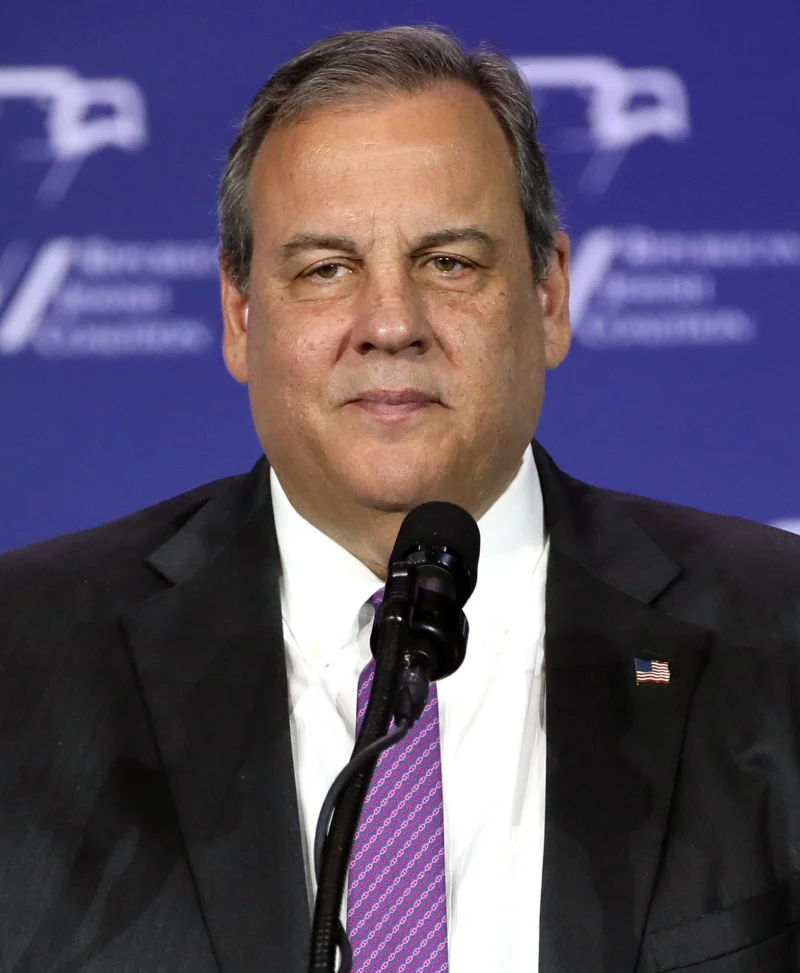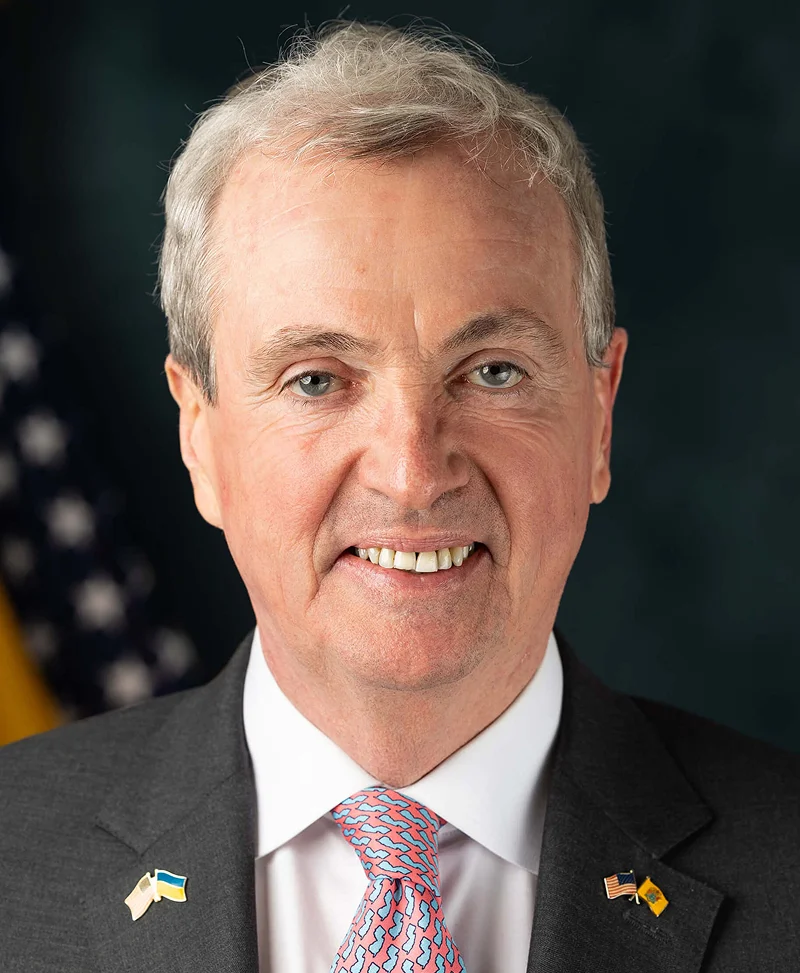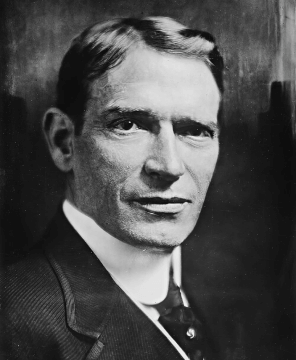
Edward I. Edwards
- Jersey City Public Schools;
- New York University (attended, business and finance)
Edward I. Edwards
Overview
Edward Irving Edwards was the 37th Governor of New Jersey and one of the state’s most influential Democratic leaders of the early 20th century. A successful banker and businessman turned politician, Edwards championed anti-Prohibition policies, economic growth, and government efficiency during a time of sharp political and social change.
Early Life and Education
Born in Jersey City, Edwards was educated in local schools and attended New York University, where he studied business and finance. Before entering politics, he built a prosperous career in banking and investment, serving as president of the Jersey City National Bank and holding positions in various civic organizations.
Political Career
Edwards began his political ascent through Jersey City’s Democratic organization under Mayor Frank Hague. He was elected State Senator (1919) and quickly became a leading party figure known for his business acumen and populist touch.
In 1919, he won the gubernatorial race on an “anti-Prohibition” platform, appealing to working-class voters opposed to federal liquor restrictions.
Governorship
As governor, Edwards emphasized fiscal responsibility, state infrastructure improvements, and education funding.
He opposed Prohibition enforcement, gaining national attention as a defender of personal liberty. His tenure was also marked by administrative modernization and efforts to curb corruption while maintaining ties to the Hague Democratic machine.
Later Life and Legacy
After leaving office, Edwards was elected to the U.S. Senate (1923–1929), where he continued to advocate for economic fairness and state autonomy.
He died in 1931 in Jersey City. Despite his controversial alliance with machine politics, Edwards is remembered as a skilled administrator and pragmatic reformer, bridging business and governance during a transformative era in New Jersey’s history.

